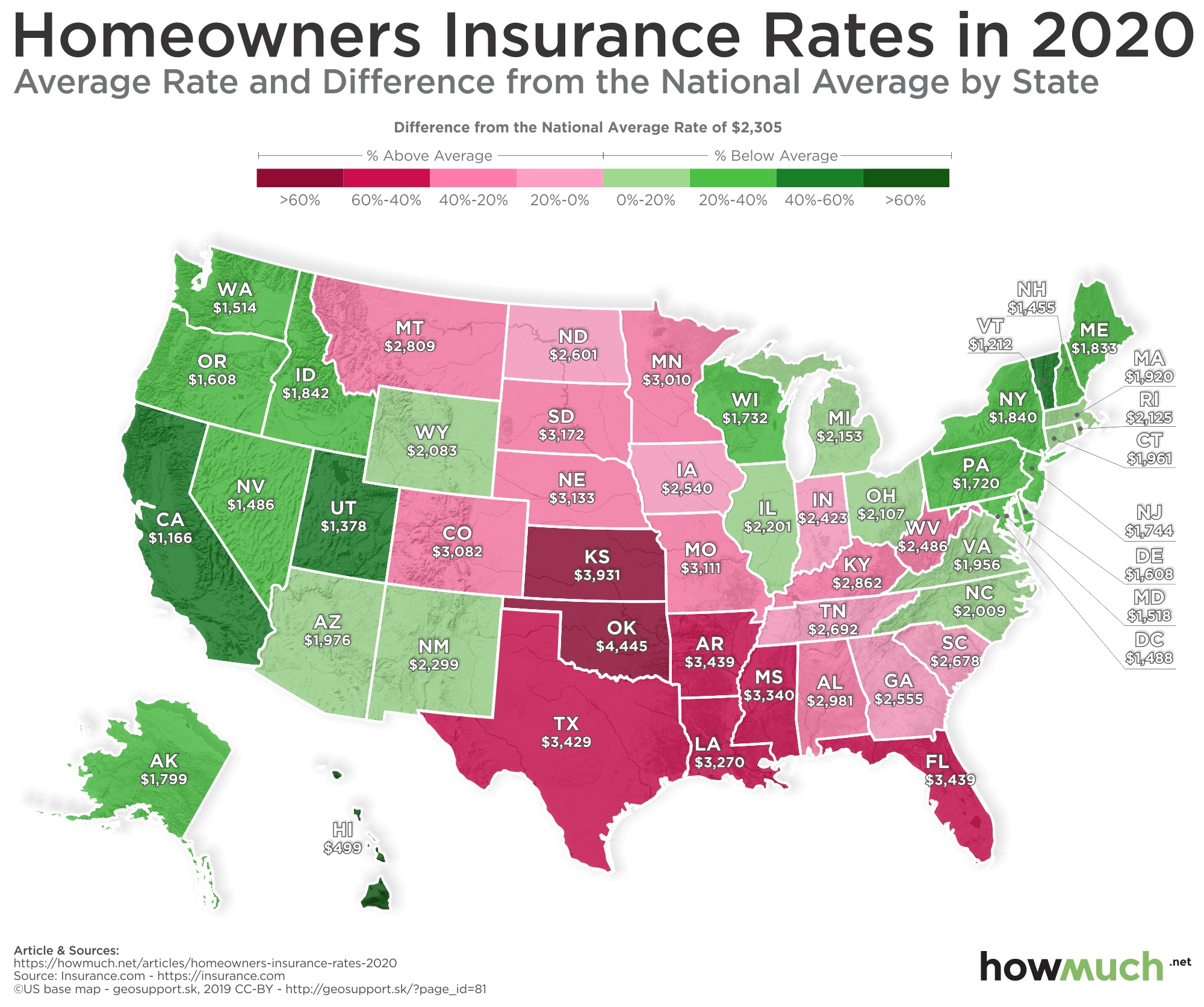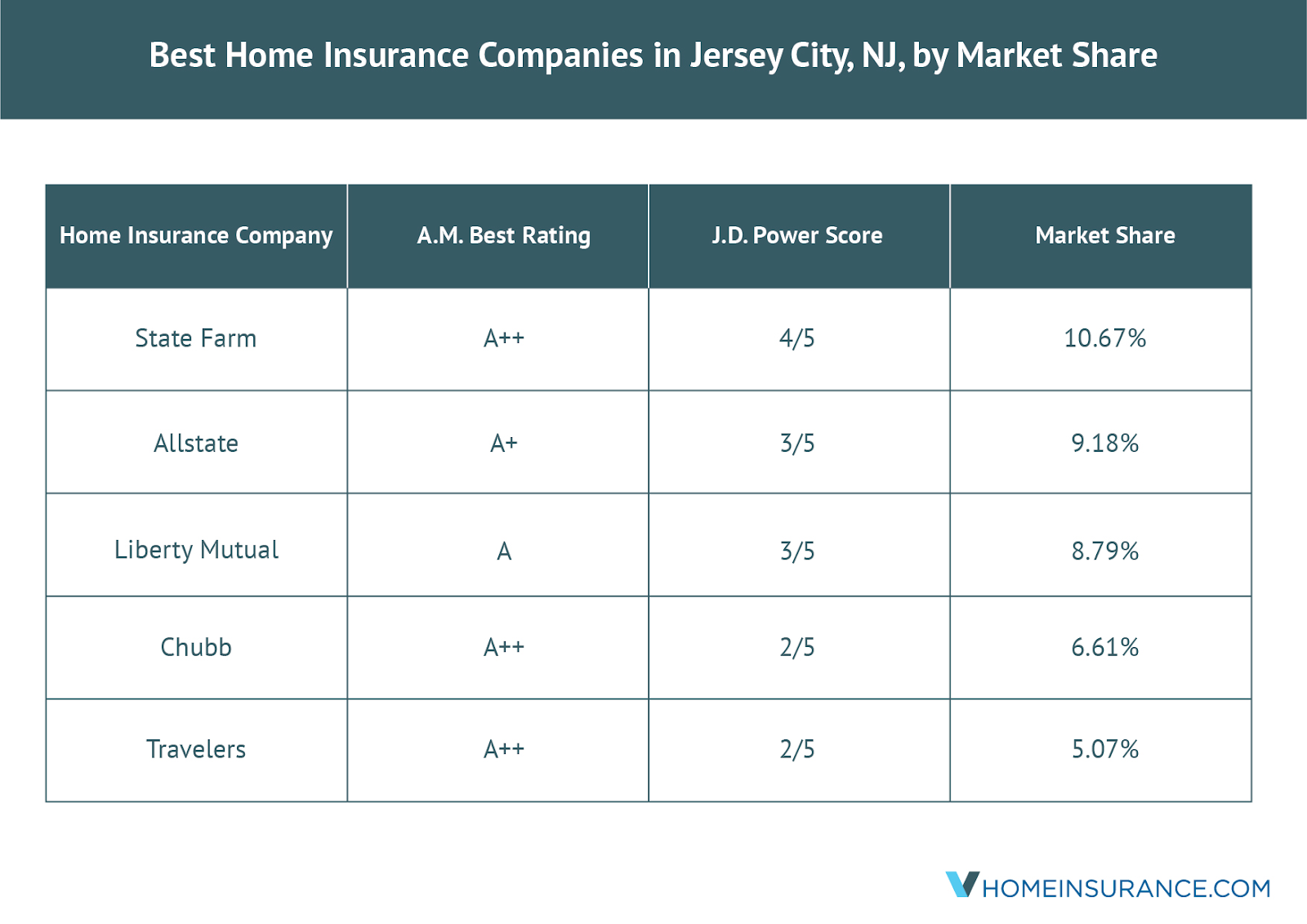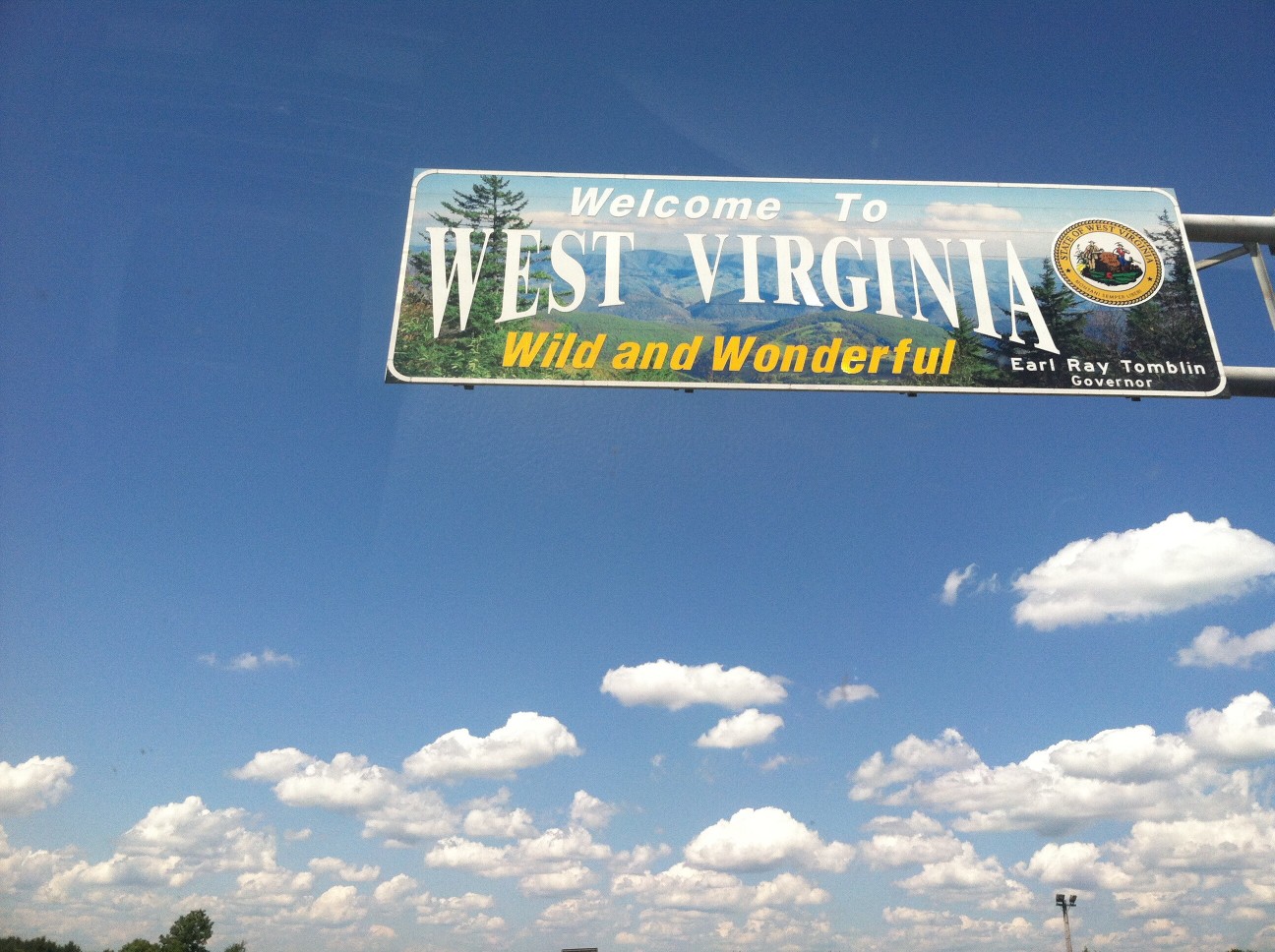
A homeowner policy is designed to protect your home against natural disasters or man-made catastrophes. This policy covers your liability expenses in the event that someone gets injured at your house or property, and then sues for damages.
What is covered under the Policy?
Many home insurance policies include coverage for the structure of your home and your personal belongings. But some homeowners require extra protection to cover specific perils. If you live in an area prone to earthquakes or floods, for example, it may be worth getting a separate policy.
HO-1: Coverage of Dwellings and Other Structures
This is a basic home insurance policy that covers both the home and other structures such as a garage or shed. The policy will usually pay to replace both the house and its contents up to a specified limit. This depends on the insurer. This insurance covers many other perils including fire, smoke, wind, ice, hail, lighting, vandalism, and theft.

The HO-2 coverage: Personal Liability and Other Contents
This type of policy is more comprehensive than HO-1, providing coverage for a wider range of other items, such as jewelry, fine arts or electronics, that might be lost in an event covered by your standard homeowners policy. Some policies offer coverage for your personal liability. This can include things like dog bites and slip and fall accidents.
Replacement Cost Dwellings Coverage
Most homeowners should choose this option because they can rebuild their home and contents for a percentage of what the items are worth. This policy is generally more expensive than one that pays cash value, but it will restore your home in the same condition as before the loss.
Selecting the Right Deductible
The higher your deductible is, the lower you'll pay in annual premiums. It is beneficial to have expensive and valuable possessions at home, which are difficult to replace. They would also be subject to depreciation.
Choosing the Right Coverage Levels
A standard homeowners policy usually includes both actual cash values (ACV) as well as replacement cost coverage. But most companies let you upgrade these two options by paying an extra fee. Most home owners choose replacement coverage over cash value because it reimburses you for your full items' replacement costs less depreciation.

Choosing a Good Insurance Company
While all companies claim to provide excellent customer service many consumers are unhappy with the experience they have with their insurance company. You can determine which insurance company will be a great fit by asking about their retention rate and customer satisfaction statistics.
Does Home Insurance Cover Damages To Other People's Propertys?
Some homeowner policies include coverage for damage caused to another person's property. This can cover the cost of temporary housing or living expenses while you repair your home or renovate it. Families who have lost their home in a disaster, like a fire or hurricane, can benefit from this coverage.